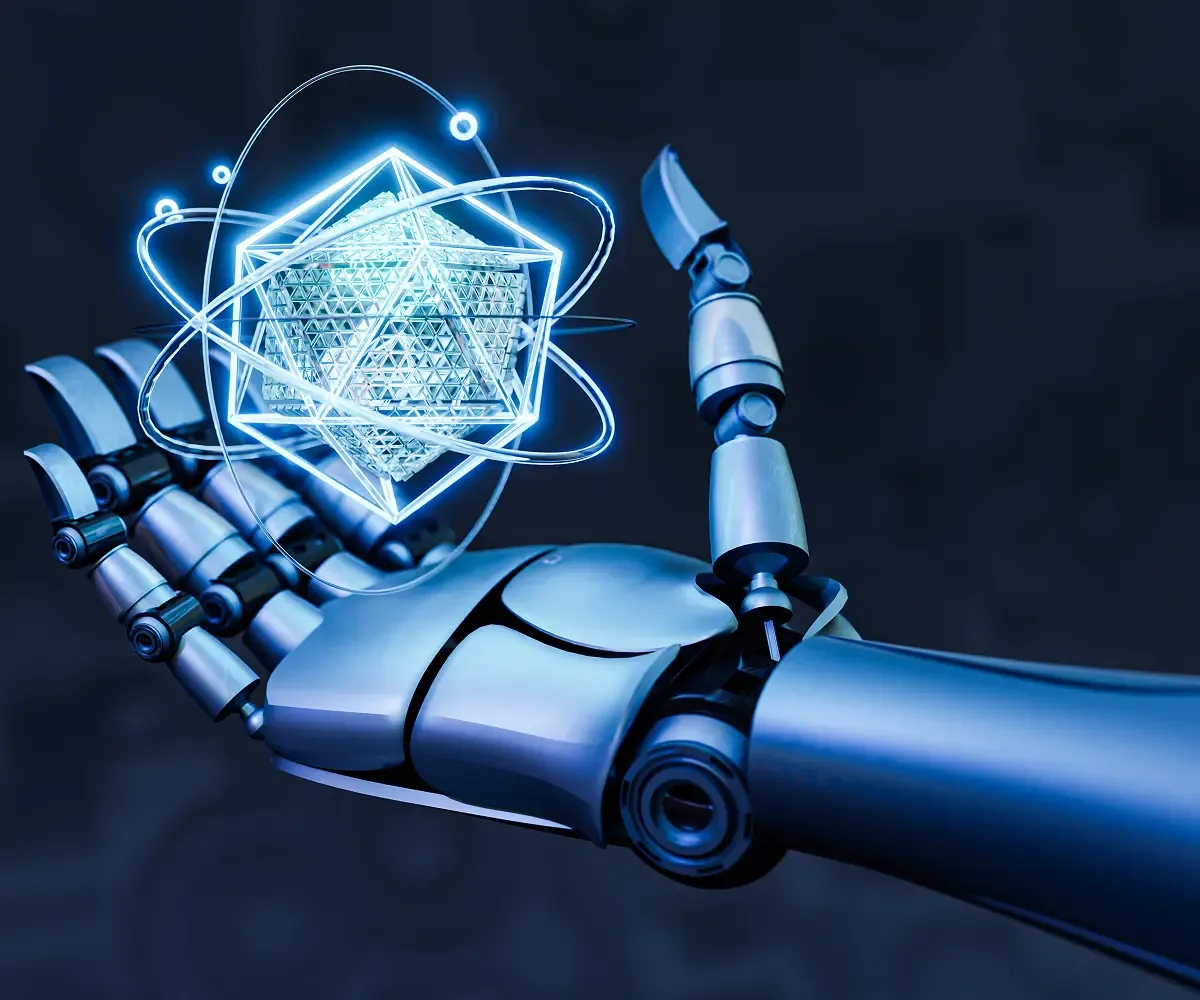
In recent years, the landscape of artificial intelligence has evolved significantly, leading to the emergence of a new paradigm known as agentic AI. This innovative technology represents a leap forward from traditional AI systems, which primarily function as reactive tools. Instead, agentic AI is designed to operate autonomously, making decisions and taking actions with minimal human intervention.
Agentic AI refers to a class of artificial intelligence systems that possess the ability to act independently, set goals, and execute tasks without constant human oversight. Unlike conventional AI, which typically responds to specific commands or analyses data in a passive manner, agentic AI is proactive. It can perceive its environment, reason through complex scenarios, and take actions based on its understanding of the situation.
Key Characteristics of Agentic AI
Agentic AI is built on several foundational components that enable its functionality. Understanding these components is crucial for grasping how agentic AI operates.
Perception
The first step in the agentic AI process is perception. This involves gathering data from various sources, such as sensors, databases, and user interactions. By analysing this information, the system can develop a comprehensive understanding of its environment.
Reasoning
Once data is collected, the next phase is reasoning. Here, a large language model (LLM) processes the information to extract meaningful insights. This step is critical for understanding user queries, detecting patterns, and determining the appropriate actions to take.
Planning
Following this reasoning, agentic AI systems engage in planning. This involves setting specific goals and devising strategies to achieve them. The planning process often includes breaking down larger objectives into smaller, actionable tasks.
Action
After formulating a plan, the AI executes its actions. This may involve interacting with external systems, making decisions, or performing tasks autonomously. The ability to act independently is a defining feature of agentic AI.
Learning
The final component is learning. Agentic AI systems continuously evaluate their actions and outcomes, using feedback to refine their strategies. This iterative process allows them to adapt and improve over time, enhancing their effectiveness in various applications.
To fully appreciate the significance of agentic AI, it is essential to compare it with traditional AI systems. While both types of AI utilise machine learning and data analysis, their approaches and capabilities differ markedly.
Reactive vs. Proactive
Traditional AI systems are primarily reactive, responding to specific commands or queries. In contrast, agentic AI is proactive, capable of setting its own goals and taking initiative. This fundamental difference allows agentic AI to tackle complex, multi-step problems that traditional AI cannot manage effectively.
Autonomy
Another key distinction is autonomy. Traditional AI often requires human oversight to function effectively, whereas agentic AI can operate independently. This autonomy enables agentic AI to streamline processes and enhance productivity across various industries.
Complexity of Tasks
Agentic AI excels in handling complex tasks that involve multiple steps and require real-time decision-making. Traditional AI, on the other hand, is typically limited to simpler tasks that do not necessitate extensive planning or reasoning.
While agentic AI presents numerous advantages, it also poses several challenges that organisations must address. Understanding these challenges is crucial for successful implementation.
Ethical Implications
The use of agentic AI raises ethical concerns, particularly regarding decision-making processes. It is essential for organisations to ensure that their AI systems operate transparently and fairly, avoiding biases that could lead to discriminatory outcomes
Data Quality
Agentic AI systems rely heavily on high-quality data to function effectively. Organisations must ensure that their data is accurate, complete, and up-to-date to avoid potential pitfalls in decision-making.
Security Risks
As with any technology, agentic AI systems are vulnerable to cyberattacks. Implementing robust security measures is essential to protect sensitive data and maintain the integrity of AI systems.
Integration Challenges
Integrating agentic AI into existing business processes can be complex. Organisations must carefully plan and coordinate their efforts to ensure compatibility with current systems and workflows.
The future of agentic AI is promising, with the potential to revolutionise various industries. As technology continues to advance, we can expect to see even more sophisticated applications of agentic AI, enhancing productivity and efficiency across the board.
Continuous Improvement
One of the most exciting aspects of agentic AI is its ability to learn and adapt over time. As these systems gather more data and experience, they will become increasingly effective at solving complex problems and optimising processes.
Expanding Applications
As organisations recognise the benefits of agentic AI, we can anticipate a broader range of applications across different sectors. From healthcare to finance, the potential for agentic AI to transform industries is immense.
Collaboration with Humans
In the future, agentic AI will likely work alongside humans, augmenting their capabilities and enhancing decision-making processes. This collaboration will enable organisations to leverage the strengths of both AI and human intelligence.
Agentic AI represents a significant advancement in the field of artificial intelligence, offering organisations the ability to automate complex tasks and make informed decisions with minimal human intervention. Embracing agentic AI will be crucial for organisations seeking to remain competitive in an increasingly automated world.
Get in touch with us today for more insights into the transformative potential of agentic AI and how we can benefit your organization by empowering your business to stay ahead of the curve.
© 2025 Copyright reserved to Cannyfore Technology Solutions Pvt Ltd